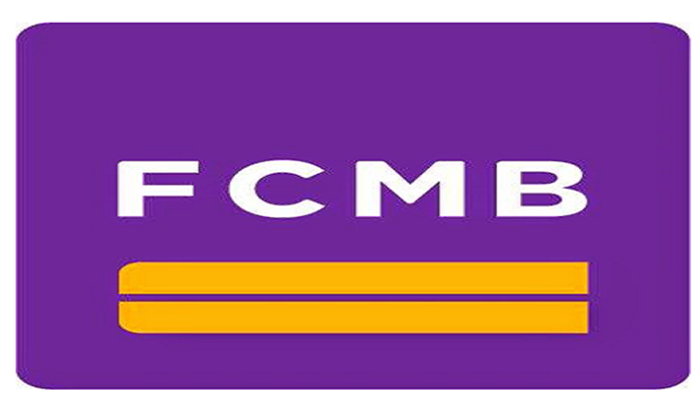24/4/2019/ ARM Research
Solid outing to the year
After a very weak Q4 performance which dragged overall full year earnings, UBA Plc posted strong recovery in Q1 2019, showing improvement across income lines. Particularly, the bank recorded material growth in non-interest revenue (+72% QoQ), following sturdy growth in net fee income (+16.4% QoQ), three-fold gain in the other income line and trading gain of N6.1 billion compared to a loss in the prior quarter. The strong gain in NIR coupled with net interest income growth of 5.7% QoQ, moderation in cost to income ratio (-700bps QoQ to 62.1%) and lower effective tax rate of 4.9% (Q4 18: 38.9%) necessitated expansion in EPS by 69% YoY. Excluding the materially lower effective tax rate, the reported profit before tax of N30.2 billion (+9% QoQ) represent c.26% of our FY19 estimates.
On net interest income, the gains stemmed from a faster expansion in interest income (+4.9% QoQ) relative interest expense (+3.7% QoQ), both coming in line with our estimate. On the former, the increase emanated largely from interest on interbank placements of N4.5 billion compared to a reversal of N687 million in the prior quarter. Also, the bank booked modest increase on interest on loans (+1.7% QoQ), which combined with the net positive interest on interbank neutered decline in interest on investment securities (-3% QoQ), to support a slower moderation in assets yield by 15bps QoQ. Elsewhere, funding cost moderated at a much slower pace of 10bps QoQ to 3.8% following higher interest on interbank takings (+141% QoQ), which outweighed slower growth on debt services (+1.7% QoQ) and decline on interest on customers deposit (-1% QoQ) – reflecting expansion in CASA share of deposits by 218bps QoQ to 79.1%. Accordingly, NIM dropped 5bps QoQ.
Perusing the balance sheet, net loan book declined 1.5% YtD (gross loan book: -1.5% YtD) to N1.7 trillion, with a complementary decline in investment securities by 2.2% YtD. Deposit book remained strong, expanding 5.4%, largely 10.2% increase in current account (+10.2% YtD) and term deposits (+3.6% YtD). On regulatory position, the bank’s liquidity ratio stayed strong at 50% (50% in FY 18), NPL moderated to 5.29% (FY 18: 6.5%) with capital adequacy ratio of 24% (FY 18: 24%).
Rest of Africa to remain the harbinger of growth in near term.
In our stock update published earlier in the month (See report: Rest of Africa to drive earnings growth in near term), we guided that while the bank recorded sluggish performance over 2018, UBA growth story across Africa remain compelling. Particularly, we guided to a meaningful growth in earnings over 2019 on the back of strong retail deposit growth, increase in loan book, expansion in trading book and net fee income, and healthier asset quality. Consequently, we modeled FY 19E earnings growth of 10.8% YoY to N87.1 billion, with FY 20F and FY 21F growth forecasts of 6% and 5% respectively. With the performance across income lines (net interest income and NIR), opex and credit loss provisioning coming largely in line with our estimate, even PBT, we have left our model unchanged and maintain our FVE of N13.04/share with a STRONG BUY rating. UBA trades at FY 19E P/B of 0.43x, a discount to Tier 1 average of 1.0x.















